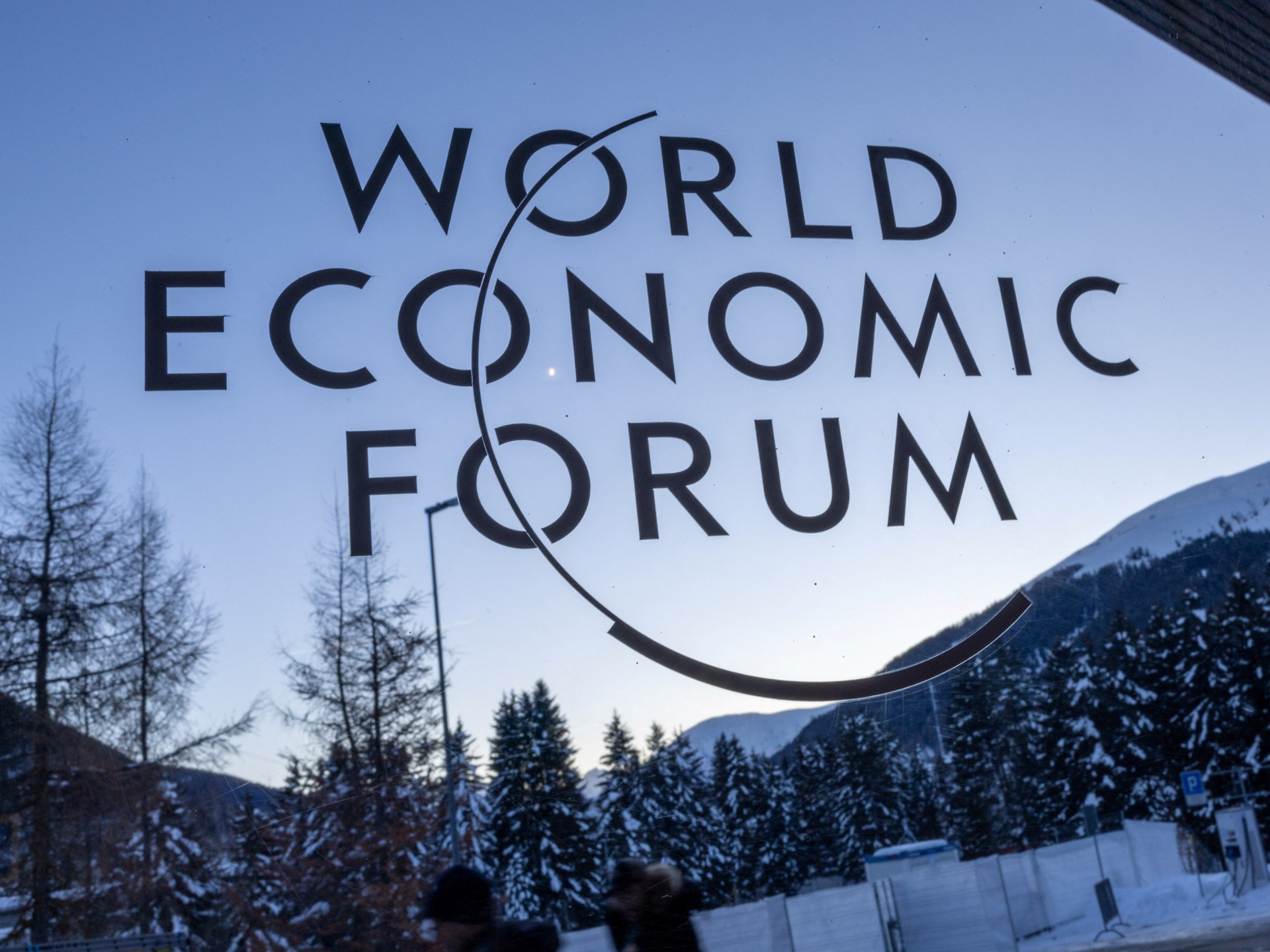The world’s most powerful leaders are gathered annually in Davos to discuss ways that the world’s economic conditions can be improved. The gathering’s main conversation point this year is once more the promotion of inclusive and sustainable growth in Africa. Yet when it comes to Africa’s development, we too often mistake discussion for progress. The continent hosts some of the world’s fastest-growing economies, but average growth remains below global standards. This paradox calls for more than just analysis; it calls for decisive action.
Africa’s potential is extraordinary. Home to 60 percent of the world’s uncultivated arable land, a young and dynamic population, and vast natural resources, the continent has all the ingredients for transformative growth. The key question is not whether Africa can advance, but rather how to overcome the obstacles that prevent it from doing so.
Today’s development landscape often resembles an elaborate maze of requirements, reports, and conflicting guidelines from hundreds of agencies. While accountability matters, excessive bureaucracy stifles progress. Practical, focused investment in the key areas that drive economic growth is what Africa needs.
Take the energy challenge: only 50 percent of Africa’s 1.37 billion people have access to electricity. By 2030, investment in Africa’s energy sector needs to reach $25bn per year to close the energy access gap, a dramatic increase compared with today’s spending. But investment alone is not enough – we need to come up with practical, home-grown solutions. The solution to our energy crisis lies in regional integration of our energy sources. In a number of regions, Africa has a wealth of hydro, solar, and other energy resources. We can power the entire continent with a strong, resilient grid if we choose the right energy mix and create a pooled power supply. Such an achievement would have an impact of history-making proportions on our continent’s development.
Similarly, it defies logic that a continent with most of the world’s arable land has over 280 million undernourished people. This is not due to a lack of capability. It is the result of neglected rural infrastructure, fragmented markets, and underinvestment in agricultural technology. The solution requires strategic investment in roads, irrigation systems, and storage facilities, coupled with policies that encourage local processing and value addition.
Intra-African trade, at just 15 percent of the continent’s total trade, illustrates another major opportunity. The African Continental Free Trade Area (AfCFTA) offers promise, but its success depends on practical implementation – building roads, modernising ports, and eliminating trade barriers. These are not revolutionary concepts, but proven fundamentals of economic development.
The path forward is clear. First, we must streamline development processes. African nations need partners, not overseers. Second, infrastructure investment must be practical and immediate – roads, power plants, and ports that enable real economic activity, interconnectivity among nations, and consist within a continent-wide strategic vision. Third, we must trust local leadership to set priorities based on ground realities, not distant boardroom theories.
Our youth, whether in the Maghreb (Northwest Africa), Central Africa, or the Horn of Africa, deserve education systems that prepare them for the modern workplace. Current curricula frequently resemble worn-out assembly lines, failing to give students the tools they need for the future. This must change. Similar to how we need to invest more effectively in our healthcare systems to reduce mortality rates and address grave health disparities across the continent.
Leaders in Davos should concentrate on real-world actions to promote Africa’s inclusive growth agenda. The continent requires practical, results-focused support that will enable countries to create robust economies and societies, not just more development theory seminars.
This is not just aspirational thinking. They are realistic goals backed by the continent’s immense potential.
The answer is simple: stick with it or stick with a development model that places process before results. The outcome of this decision will affect both Africa’s future and the world’s trajectory for decades to come. Africa needs action now, not just endless debate; it needs it now.

Leave a Reply